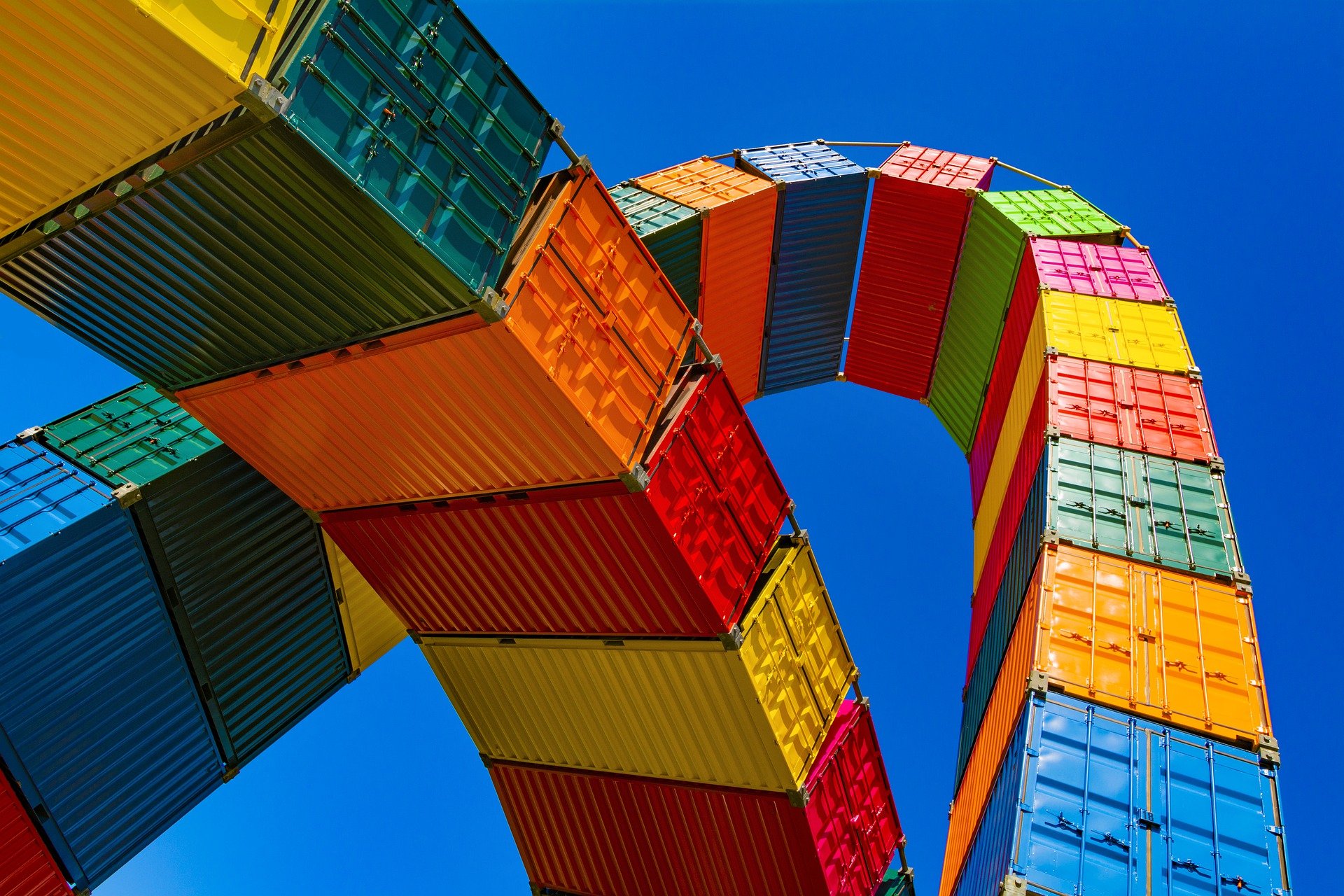
PHOTO: Valdas Miskinis from Pixabay
No headlines for a next-generation fibre or mobile network. Or even a vision of a smart nation that showcases futuristic uses like virtual reality.
Instead, this year’s big tech event in Singapore – the ATxSG show – opened yesterday with the government’s plans to build up digital trade links to the region and other capabilities as it gears up for a connected economy where transactions need to be carried out primarily online.
First, the Republic is looking to create a common data framework, called the Singapore Trade Data Exchange (SGTraDex) to enable a trusted sharing of trade data among logistics players.
This means they can handle cargo more easily, for example, and reduce delays at depots and warehouses as they pass through Singapore, a vital cog in the global supply chain for goods.
Real-time cargo location can be easily and securely shared between all the stakeholders in this setup, which lets them to optimise their operations better than today. More than US$200 milion of value can be unlocked.
Second, Singapore is also investing US$50 million to develop a national Future Communications Research & Development Programme.
This is expected to set up communications testbeds in 5G and future technologies. Yes, we are already talking 6G, which is still very much a research project in many parts of the world. Singapore will work with the 6G Flagship Office of Finland to advance this.
Third, Singapore also signed cooperation pacts separately with Japan and Thailand to build on digital economy collaboration. This means more closely aligning policies and regulations on businesses.
Plus, there will be joint training and programmes on artificial intelligence (AI) implementation, AI governance and ethics and cybersecurity.
Singapore is also deepening its digital ties with Thailand by agreeing to work on interoperability between digital systems and to enable e-documentation. This should improve cross-border transactions and business in the digital economy.
To be sure, Singapore’s deals with regional countries in the digital arena aren’t new. Over the years, it has been an active member of many Asean initiatives, including analog TV switch-off.
Why these new plans matter even more is because the digital economy is growing globally. Today, this is still very much fragmented – think of the different systems in different countries used to clear goods for shipment, for example – but that is set to change.
As many countries digitalise their local systems, from their e-government services for licenses and permits, they would also wish to connect to other countries so that the information can be exchanged securely and safely.
This requires a digital system that can replace the current manual or even paper-based processes but which can still be trusted. This is an area Singapore has to play in, so it’s heartening to see that it is furthering its connections to regional players.
Already, it has signed digital trade agreements with countries such as Australia, for example, that enable simpler and trusted digital transactions and data flows across borders.
These efforts will deepen Singapore’s role as a hub for the flow of goods and services in the region. After all, if you wish to be an exchange in a digital world, you have to make sure you’re digitally connected to everyone.
To be sure, Singapore is one of the most connected to the region in terms of the amount of subsea cables passing through and the ample Internet capacity available here.
Now, it needs its software and systems to be compatible and ready to connect the data that will flow through the infrastructure in a digital future.
This is why the deals announced yesterday should resonate with those looking at how Singapore hopes to retain its hub status in a fast-growing Asean region. It should keep building these international digital links.






